You’ve probably seen vermouth in a lengthy list of ingredients on a cocktail menu but never really thought much of it. It gets lost in the chaos of a fancy drink and you forget you were curious about it in the first place, but what is vermouth? Is it that dusty old bottle you’ve had in your bar cart for the past 10 years? It’s time to throw that out and learn about the under-appreciated greatness of vermouth.
Although it’s commonly included in cocktails, vermouth is actually a fortified wine enhanced with herbs and spices. Basically, it’s just wine that’s been mixed with a distilled alcohol to give it a higher ABV, infused with flavorful aromatics and sweetened.
Fortified wine infused with botanicals is nothing new. In fact, it has been around for quite some time, even dating back to as early as 1250 BC China. The name “vermouth” comes from “wermut,” the German word for wormwood, which is the key ingredient in dry vermouth and also plays a big role in absinthe. Wormwood is known to have many health benefits so vermouth was originally consumed for medicinal purposes, but it evolved into an aperitif much enjoyed sipped solo before a meal with a twist of lemon or orange.
The transition from elixir to aperitif happened around the 18th century and vermouth really took off, and developed, in France and Italy. France became known for the pale, dry vermouth and Italy for the sweeter red vermouth. The recipe differs from each producer, but almost all vermouths start as a white wine and are then colored with botanicals such as citrus peel, cinnamon, clove, chamomile, ginger, coriander, etc. and caramelized sugar for sweet vermouth.
After recipes were mastered and people developed a taste for vermouth, drinkers discovered vermouth works very well with other ingredients in a cocktail. And so, vermouth found its new home in cocktails when they started booming in the 19th century. Both dry and sweet vermouth have a place in the cocktail world and are key ingredients in many iconic cocktails. Although vermouth’s popularity dipped for a little bit, it fought its way back to the top.
The lighter, dry vermouth is commonly found in cocktails such as a Martini and a Brooklyn. Fun fact: when you order an “extra dry” martini that means you want less vermouth, but if you go too dry then you’re just drinking very cold gin or vodka, which is also okay as long as that’s what you want. The darker, sweeter vermouth is regularly used to add flavorful sweetness to drinks like a Manhattan and a Negroni. There is also Hemingway’s Vermouth Panaché, which is a cocktail mixing the two vermouths with a dash of bitters and a lemon peel.
The next time you find yourself face-to-face with a drink menu, don’t be intimidated by vermouth. Whether you’re sipping it solo before a meal, or in a cocktail, see if you can identify any of the spices that make vermouth so flavorful and unique.

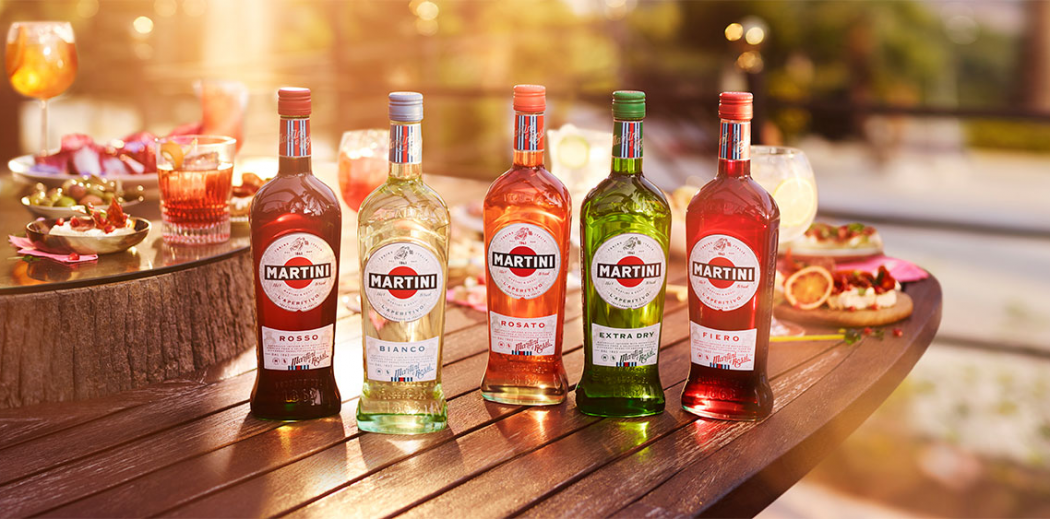
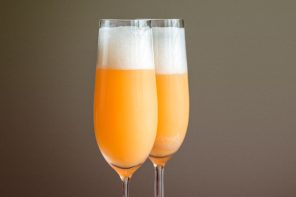

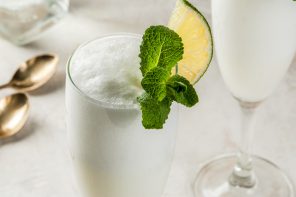
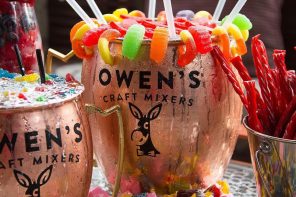
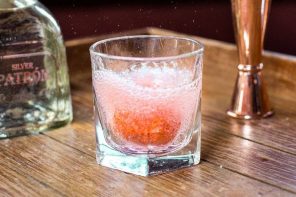

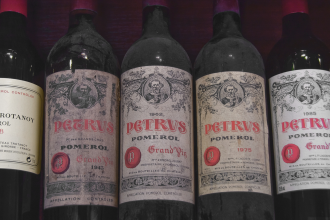
Vermouth, especially white dry vermouth is an excellent cooking wine. Use it as when you cook with wine, it has the quality of adding flavor, remember it has herbs so it adds some dimension to your dishes, Another benefit you to cut back on the salt. When selecting a vermouth to cook with, select a dry one that’s not too expensive. Red or sweet vermouth works well in desserts and barbecue sauces. Because it’s sweet, it can caramelize if heated too hot and will burn, giving the dish a bitter flavor due to its sugar content!